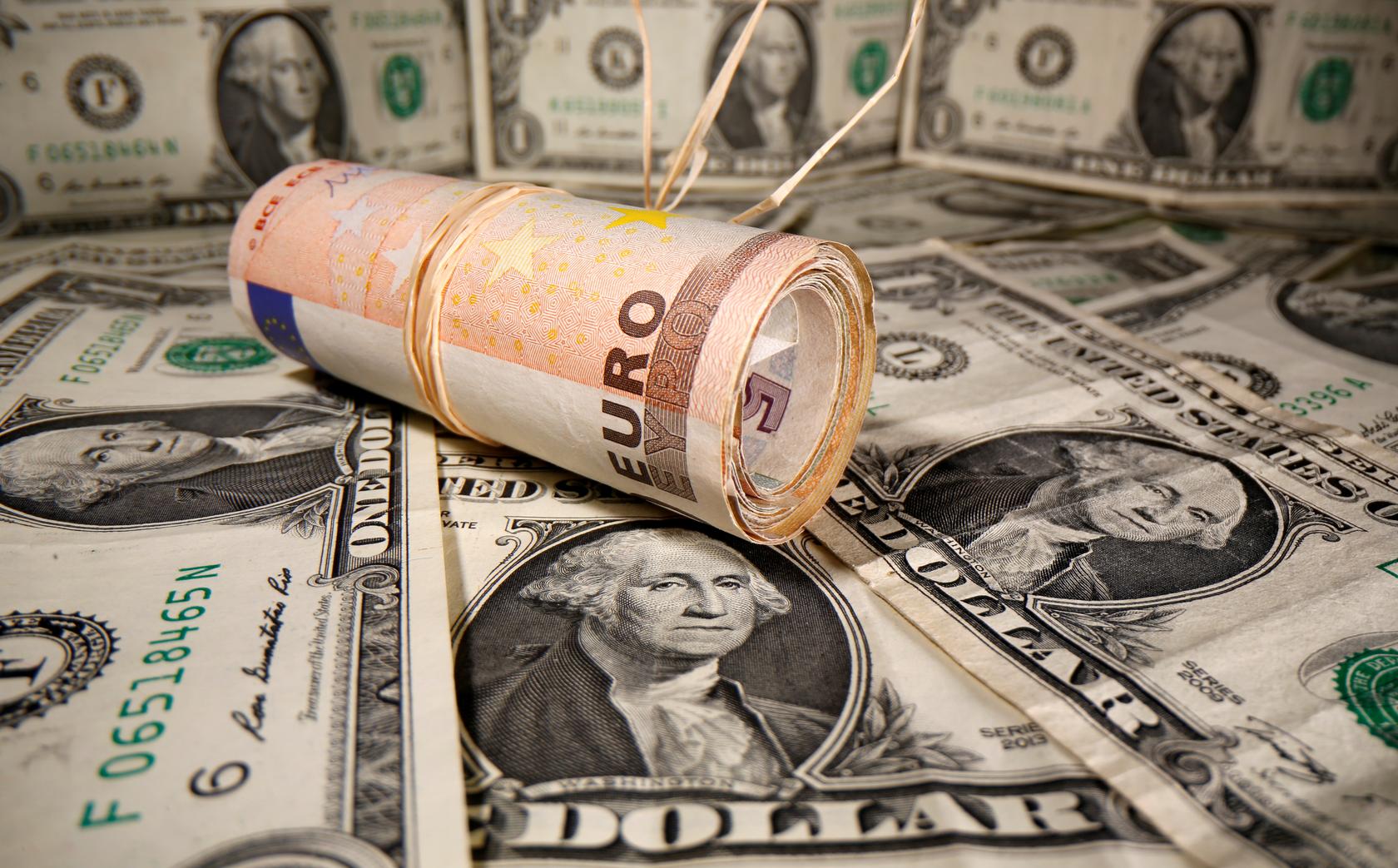Aussie pops on hawkish RBA tilt, euro wallows on sanction worries

The Australian dollar jumped to a nine-month high on Tuesday after the country’s central bank signaled higher interest rates were closer, while the euro languished near a one-week low amid talk of more sanctions against Russia.
The Aussie was up 0.81% at $0.7603, its strongest since late June, after the Reserve Bank of Australia dropped its pledge to be “patient” on tightening policy, while holding the key rate at a record low for now, as was widely expected.
“The RBA dropped its ‘patience’ narrative from the forward guidance for hiking, so what it means is the RBA is going to hike some time in the next few months,” most likely in June, said Joseph Capurso, a strategist at Commonwealth Bank of Australia.
“Aussie is comfortably going through that 75.40-cent resistance level, so we think it’s going to head closer toward 77 cents over the next few months,” although it may pause at 76 cents for now, he said.
The euro was little changed at $1.09645 after dropping as low as $1.0960 in the previous session for the first time since March 28. It had reached a one-month high of $1.1185 just days earlier amid increased optimism for an end to the Ukraine conflict.
The United States and European countries pledged on Monday to punish Moscow over civilian killings in northern Ukraine, where a mass grave and tied bodies of people shot at close range were found in a town seized back from Russian forces.
New sanctions could include restrictions on the billions of dollars in energy that Europe still imports from Russia. The Kremlin denied accusations related to the murder of civilians.
The euro’s woes boosted the dollar index, which held near a one-week high of 99.083 reached overnight. It last stood at 99.012.
However, the dollar weakened 0.17% to 122.55 yen, broadly tracking moves in long-term U.S. Treasury yields, as it continued to consolidate around 122.5 after retreating from a multi-year high of 125.105 on March 28.
Bank of Japan Governor Haruhiko Kuroda put some additional pressure on the currency pair, saying the recent pace of appreciation was “somewhat rapid”, and policymakers are watching moves “carefully”.

